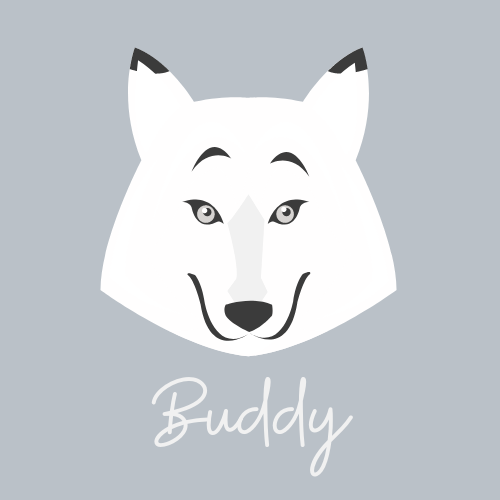The biggest thing I have learnt in dog training so far is that the things your dog has problems with, are SO much more than the problem itself.
For example. If your child was scared of certain people, you wouldn’t force him to go up to each and every one of them, whilst feeding him chocolate would you? Putting him in uncomfortable situations over and over again. In fact you would probably make him far worse and he would probably start to withdraw into himself and not want to leave the house.
What you WOULD do is work on your child’s confidence as a whole. Find out what they enjoy, what they are good at, praise them for those things – you would be building their concept of confidence, so that it spills over into other areas of their life.

I know this first hand from having an anxious and sensitive child. Even now I still don’t force him into situations that I know he will find difficult, we find a middle ground, we manage expectations and manage situations if we have to. If the world is feeling a little too much today, that’s fine, we will do some fun stuff inside, re-charge batteries and try again tomorrow. His confidence has sky rocketed over the past few years.
So why do we think the opposite applies to dogs? That in order to ‘fix’ them we must keep throwing them into the situations that they don’t like?

Before lockdown Buddy started to become reactive to people and dogs when out on a walk. This worried me A LOT! He’s a very friendly dog, so why was he acting like this. I tried to feed him to distract him and it just didn’t work. I even told my trainer I was going to sit at my front door and watch people go by while feeding him, the ‘traditional’ way to overcome reactivity. She immediately told me not to. ‘Don’t set him up to fail. If he’s not comfortable then just don’t do it. Keep working on confidence and optimism at home and ditch the walks for a few days.’

So we did. I ditched the walks for 7 days. Played an array of focus and confidence games at home. Not once did we go outside and feed him while people and dogs walked past.
We slowly introduced walks again, steering clear of people and dogs to begin with. I needed him to NOT notice them, and then reward for that. So, we tried to stay as far away as possible, and reward whether he saw them or not.
Now there are a whole heap of other things that pay into this – his ‘bucket’ being one of them. Which basically means that once his stress hormones (cortisol) levels reach a certain point, he can’t think straight and is far more likely to react. Something we have to manage and keep a handle on. Cortisol levels also can take up to 72 hours to go down, so something to bear in mind when you have a reactive incident.

However, as a whole, we can walk past people and dogs now with no barking and recall from all manner of things!
Last night, we walked past three people, who I said hello to, and he didn’t even bother to glance at them. I didn’t alert him to them, I didn’t ask him to leave them, I didn’t even pull the lead. HE made the choice, he WASN’T nagged or commanded to do anything. Before he would have lunged to say hello, and then barked in frustration and fear as he was unable to get close.

So how have I improved his reactivity, without actually training IN the situation?
Very simply I have started to re-shape the area of his brain that relates to confidence and optimism, OUTSIDE of the situation that he is scared of.
This scientific way of dog training is called concept training and something we live in day to day.
Buddy, my typically energetic border collie puppy, is laying at my feet right now. This is an ideal opportunity to train, to reward the good CHOICE that he just made by feeding him a bit of his daily food. Promoting the good calm choices he is making.

So before you go putting your dog in tricky situations to try and train it ‘out of them’, just think about what you are doing to their stress levels, how scared they are feeling, how you would deal with it if it was a child, and then perhaps try a different way.
If you want to find out more, we follow Absolute Dogs Training and our dog trainer Nikki at On The Ball Dog Care and Training is a concept trainer who runs a ton of virtual live classes as well as one to ones that provide a tailored action plan for your dog.
There is also a really COOL DOWLOAD ON OPTIMISM here from Absolute Dogs which tells you how to start improving optimism in your dog right now!


This is such an awesome story of success – love his stories
LikeLike
Thank you!!! We do too. It’s lovely to be able to write a success story! 🥰🥰🥰
LikeLike
Great success ✔️
A story with great writing and that strong message for all with trusting companions. Thank you Sam
LikeLike
Thank you Nigel really pleased you enjoyed it! 😊
LikeLiked by 1 person